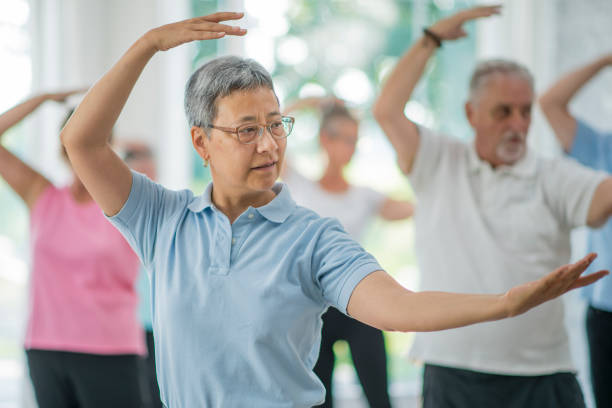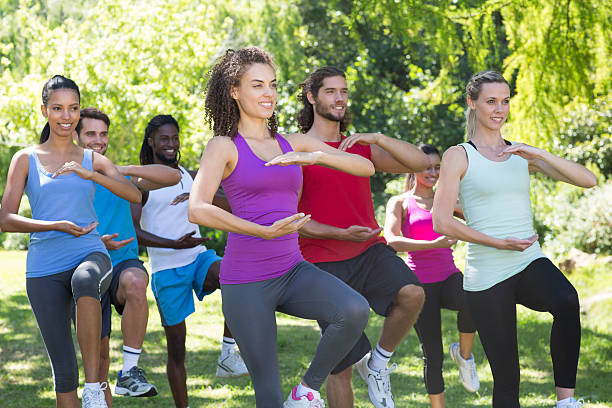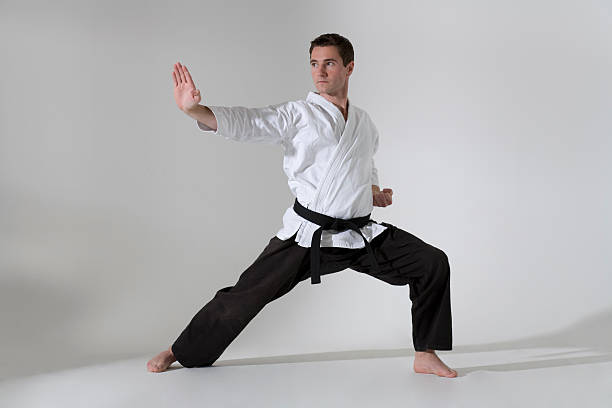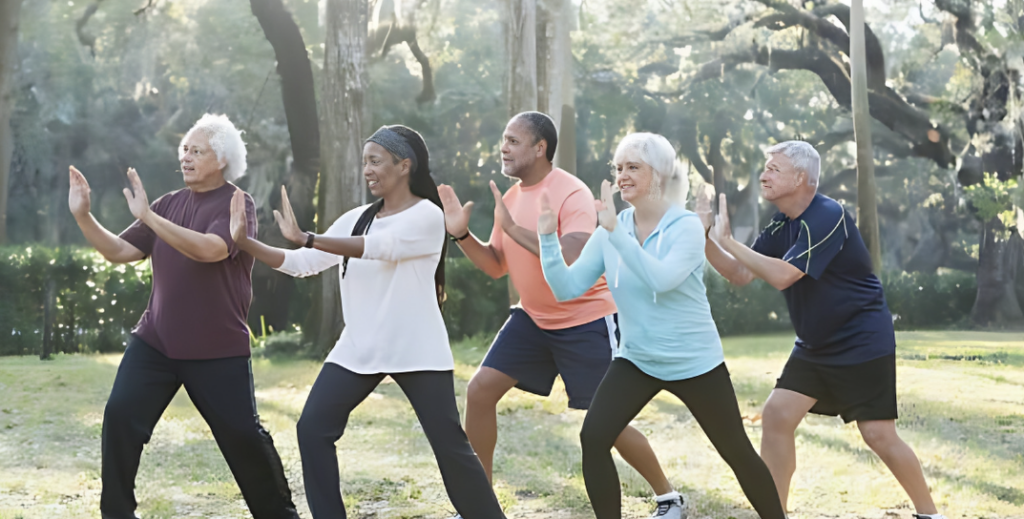Body movement Therapy
Exploring the Truth About the Disadvantages of Tai Chi
In today’s fast-paced world, many people seek balance, calm, and inner strength through ancient techniques such as tai chi. This gentle martial art, practiced by millions worldwide, mixes slow, flowing movements with deep breathing and meditation. While tai chi has several physical and mental benefits, it is also necessary to be aware of its potential disadvantages. In this article, we’ll look at the disadvantages of tai chi and the problems that practitioners may experience.
The Health Benefits of Tai Chi
Before getting into the disadvantages of tai chi, it’s important to recognize the numerous health benefits this ancient practice provides. Tai chi has been demonstrated to enhance balance, flexibility, and strength in people of all ages. It can also improve cardiovascular health, decrease blood pressure, and strengthen the immune system. Furthermore, frequent tai chi practice has been associated to lower stress, anxiety, and depression levels, as well as better sleep quality and overall well-being.
Understanding the Disadvantages of Tai Chi
One of the primary drawbacks of tai chi is the time and effort required to master its skills. Unlike other forms of training that yield immediate benefits, tai chi requires patience and attention. It takes time to master the precise moves, comprehend the underlying principles, and achieve the fluidity that distinguishes this martial art. Tai chi may not give the instantaneous physical alterations or rigorous workouts that some people expect.
Another possible disadvantage of tai chi is its accessibility. While it is widely seen as a low-impact exercise suited for people of all fitness levels, it may not be appropriate for people with specific health issues or injuries. People with severe joint difficulties, spinal concerns, or balance impairments should exercise caution or seek medical advice before beginning a tai chi practice. Pregnant ladies and those with hernias or other abdominal disorders should also exercise caution when practicing tai chi.

Potential Physical Risks of Tai Chi
While tai chi is generally considered safe, it, like any other physical activity, has significant dangers. To lessen the chance of muscle strains or sprains, warm up thoroughly before performing tai chi, just like any other exercise. Overexertion is also a concern, particularly for novices who may push themselves too hard or attempt difficult movements without sufficient preparation. It is critical to listen to your body’s boundaries and move at a pace that suits you.
Furthermore, while tai chi is a gentle martial art, inadvertent falls are possible during practice, especially if the atmosphere is unsuitable or the practitioner lacks correct balance. Practicing on uneven ground or wearing inappropriate footwear might increase the likelihood of falls and accidents. Tai chi should be practiced in a safe and large setting, with supportive shoes that provide stability and traction.
Common Challenges Faced in Tai Chi Practice
In addition to the physical hazards, tai chi practitioners may face hurdles along the way. One typical obstacle is developing the mental discipline needed to focus on the present moment and sustain mindfulness throughout the exercise. Quieting the mind and letting go of distractions can be tough, especially for those who are used to the continual stimulus of modern life. However, with perseverance and frequent practice, the capacity to build a quiet and concentrated mind can be mastered.
Tai chi practice also requires coordination and synchronization of motions. Tai chi forms are a series of fluid, continuous movements that demand exact coordination of the arms, legs, and body. This can be difficult, especially for novices who may struggle to recall and perform the sequences accurately. However, with patience and constant repetition, muscle memory develops, and motions become more natural and fluid with time.
Psychological Considerations of Tai Chi
Tai chi is well-known for its physical benefits, but it also has a significant impact on mental and emotional health. However, it is important to recognize that individual experiences differ, and not everyone may find tai chi useful to their psychological health. Some people may struggle with the slow tempo of tai chi or have difficulty connecting with the contemplative parts of the practice. Tai chi should be approached with an open mind and a willingness to explore its potential personal advantages.

Choosing the Right Instructor or School
To avoid the downsides and enhance the benefits of tai chi, select the correct instructor or school. A qualified and experienced instructor can provide appropriate instruction, assure good form and technique, and address practitioners’ concerns or limits. To select a teacher that shares your aims and ideals, conduct research and ask for recommendations. Attending a trial class or viewing a session in advance can also assist assess the school’s teaching style and atmosphere.
Precautions and Safety Measures
To reduce the hazards involved with tai chi, practitioners should take particular precautions and follow safety guidelines. Warming up before each practice session helps to prepare the muscles and joints for movement. Stretching exercises and mild warm-up motions can assist improve flexibility and lower the chance of injury. Listening to your body and avoiding excessive strain or overexertion is also important. If you experience any pain or discomfort while practice, it’s crucial to stop and get medical attention as needed.

Alternative Options to Tai Chi
While tai chi has numerous benefits, it may not be ideal for everyone. Fortunately, there are other routines that can deliver similar benefits as tai chi. Individuals looking for a more intense workout or a more robust kind of martial arts may pick disciplines such as kung fu, karate, or kickboxing. Yoga, which emphasizes flexibility, strength, and mindfulness, is another popular option that can supplement or replace tai chi.
Conclusion
Despite potential limitations and challenges, the benefits of tai chi frequently surpass the disadvantages. Tai chi provides a holistic approach to health and well-being, encouraging physical, mental, and emotional equilibrium. By looking at the potential drawbacks, we can obtain a better knowledge of this ancient art form and make an informed decision about whether it is a good fit for us. Whether you choose to practice tai chi or other alternative disciplines, the goal is to choose an activity that meets your specific needs and interests. So, take a step toward a more balanced and harmonious living by identifying the practice that provides you joy, vigor, and inner serenity.
Trusted Health, Wellness, and Medical advice for your well-being


